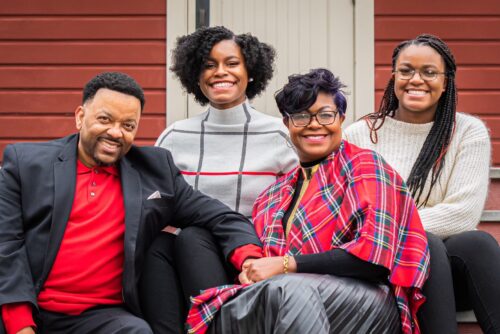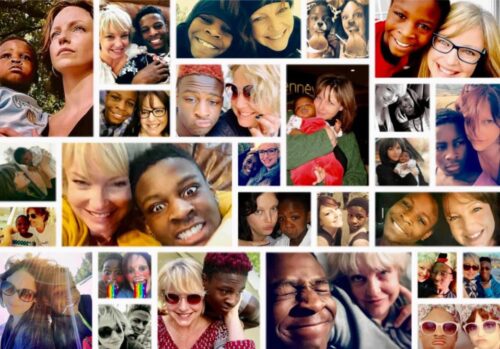By Suzanne Watnick and Santokh Gill
*This article originally appeared in the Seattle Times on Sept. 20., 2022
It’s no secret that communities of color have struggled with the U.S. health care system based on years of discrimination, unethical care, poor access and policies that disadvantage them. These concerns also extend to the organ donation and transplantation system, where nonwhite communities are underrepresented both as organ donors and transplant recipients.
Ethnic minorities are in desperate need of more organ, eye and tissue donors. They represent nearly 60% of the national organ transplant waiting list yet as a whole have much lower rates of transplantation.
In 2020, more than half of transplants performed were on Caucasians despite representing only 40% of transplant candidates, according to the U.S. Department of Health and Human Services Office of Minority Health.
That is why it is critical that communities of color have accurate information and access to this critically important, lifesaving care.
There are many reasons why nonwhite communities are underrepresented. Barriers to health care remain prevalent in communities of color, which can prevent them from being added to the organ transplant waiting list. Some groups have historically been reluctant to donate organs because of religious or cultural reasons. Donating an organ as a living donor also involves surgery and recovery, something that could be especially difficult for anyone who must take time off work or lacks health insurance.
Additionally, myths still exist about organ donation, especially how one becomes a donor and the criteria that is required. At LifeCenter Northwest, we’ve heard stories of people who worry whether emergency responders will work to save their lives if they are organ donors, even though the truth is that emergency responders and hospital staff do not have access to the donor registry and their only objective is to save lives. Organ donation is still very rare and only possible after all lifesaving methods have been tried and failed. Fewer than 1% of all deaths in the United States each year result in deceased organ donation.
Additionally:
• Most major religions support donation as a humanitarian act of giving. Transplantation is consistent with the life-preserving traditions of these faiths.
• There is no cost to the donor’s family for organ, eye and tissue donation. All costs related to donation are paid by the donation agency.
• Organ and tissue transplantation is not constrained by ethnicity. However, transplant success rates increase when organs are matched between members of similar ethnic backgrounds with similar genetic composition.
Despite the numbers, there are plenty of donors of color who stand out. The late Jeremy Montoya and his parents, and George Taniwaki are local examples.
After learning that their son Jeremy would not recover from a devastating motorcycle accident in 1992, Denise and Mushroom Montoya made the heart-wrenching decision to donate his organs and tissue. The transplants that resulted from that donation saved and/or improved the quality of life of more than 120 individuals who received Jeremy’s organs, bones, ligaments, skin and other lifesaving tissues.
“Our son’s experience was a silver lining on an awful experience,” said Denise Montoya, who with her husband volunteers educating others about organ donation. Mushroom Montoya is Hispanic and Native American.
In 2020, George Taniwaki, who is of Japanese descent, became an “altruistic” donor when he gave one of his kidneys to an anonymous recipient. He said it was one of the highlights of his life. “It impacted my feeling of self-worth. I felt like I did something that was important. I saved somebody’s life and it didn’t hurt me.”
The Montoyas and Taniwaki have devoted much time to educating others in their own communities about organ donation, offering a safe touchpoint for communities of color to learn about organ donation from people who look like them.
Agreeing to be an organ donor is not hard. We encourage everyone to consider signing up as an organ donor. For those who have exhausted all other treatment options and are in need of a lifesaving gift, advocate for yourself to be placed on the transplant list so that you can increase your likelihood of receiving an organ transplant.
To register as an organ, eye, or tissue donor in Washington state, visit this webpage.
Suzanne Watnick is chief medical officer and doctor at Northwest Kidney Centers, a Seattle-based kidney dialysis non-profit.
Santokh Gill is CEO and president of LifeCenter Northwest, the local nonprofit organ procurement and tissue recovery organization.






